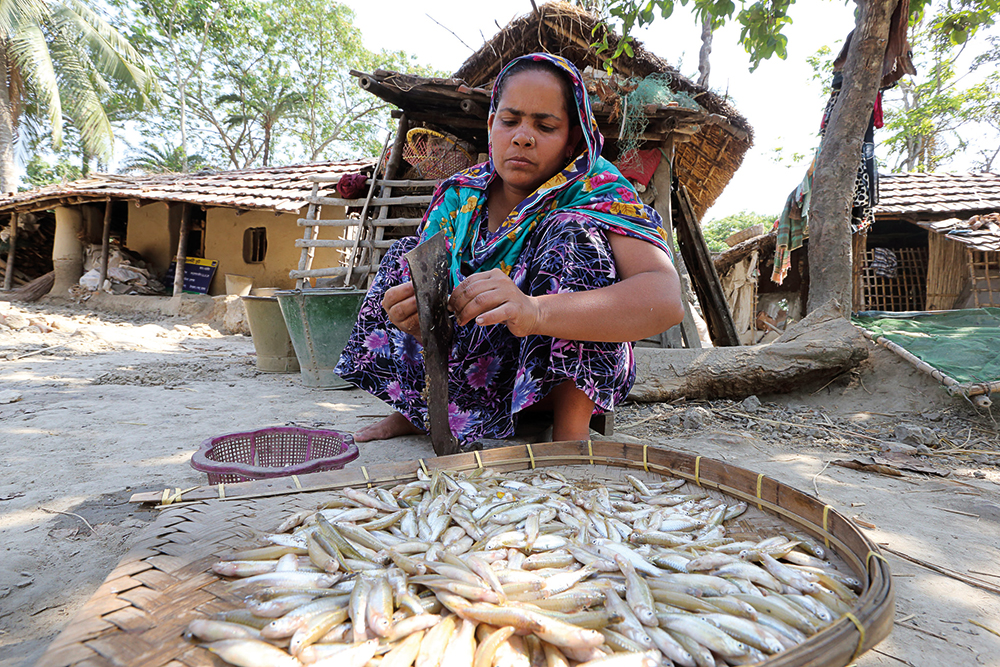How the social construction of the environment affects people's reactions to water policy
Over the past 20 years, water reform has moved to clarify water rights and responsibilities among users, separated water and land management, and introduced markets. Most recently, water policy has clearly recognised the need for environmental allocations to ensure sustainability. These reforms, especially the last, have created conflicts between stakeholder groups.






